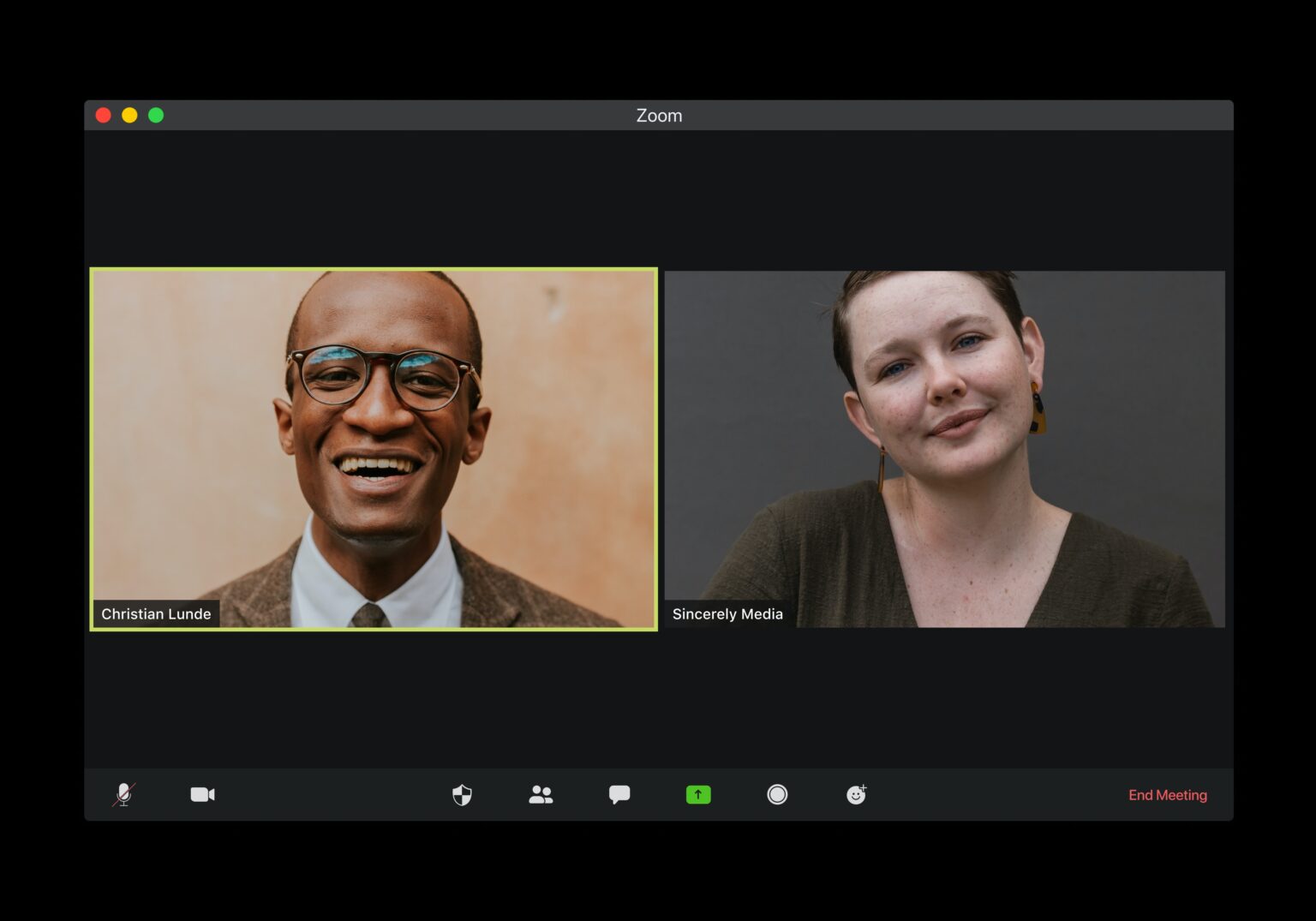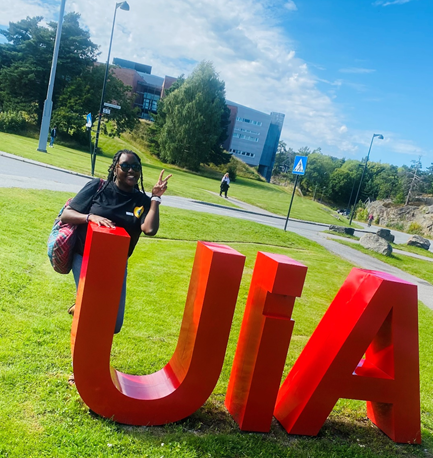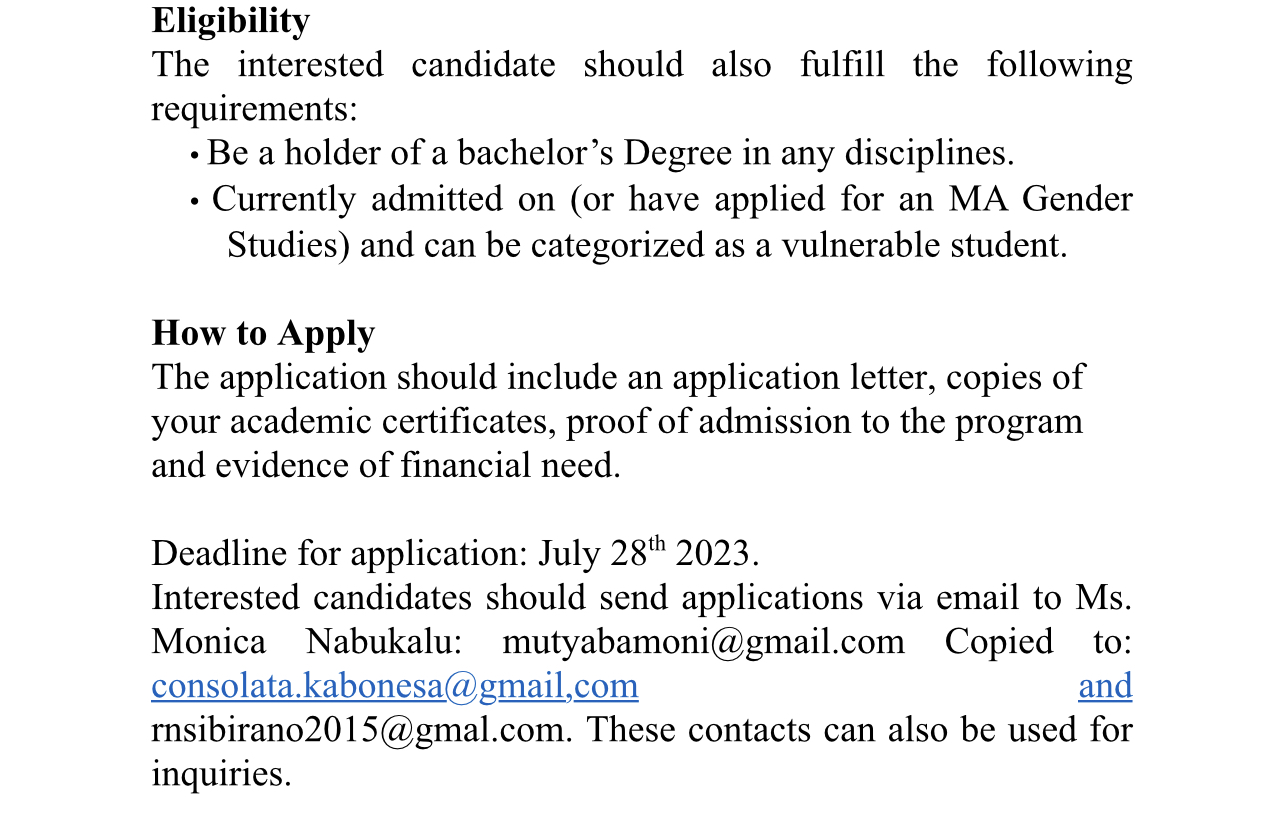Over 50 Agricultural Researchers Across sub-Saharan Africa Equipped with Gender Responsive Knowledge at the GREAT Theme 5 Course

As the world celebrated International Women’s Day 2021, which focused on “choosing to end all forms of gender inequalities against women”, the Gender-responsive Researchers Equipped for Agricultural Transformation (GREAT) project launched a two-week course aimed at closing the gender gap in crop breeding programs for equitable agricultural development.
The course offers gender-responsive research skills tailored to help agricultural researchers address gender issues through the conceptualization, implementation, evaluation, and dissemination of their research projects.
Prof. Margaret Najjingo Mangheni, GREAT Project PI Makerere University, officially opened this year’s training on 8 March 2021 and is scheduled to run until 22 March 2021.
In contrast to previous physical training sessions, this year’s session is unique as it takes place virtually on Zoom in accordance with the COVID-19 Health Guidelines. The training has attracted more than 50 agricultural researchers from over ten sub-Saharan Africa including countries– Kenya, Zambia, Zimbabwe and Mozambique, Eswatini, Ivory Coast, Benin, Mali, Ghana, Nigeria, and Uganda.
The two-week course is composed of theory and practical sessions around gender responsive research aimed at equipping breeders and social scientists with skills, knowledge and support systems to develop and implement gender responsive projects for agricultural development.

Participants were introduced to gender concepts, relevance of gender to plant breeding and development, relevance of men and masculinity in agriculture and development, women’s empowerment, gender relations in crop breeding, principles of gender responsive agricultural research, tools for gender and market responsive breeding product profiles and how to apply a gender lens to product profiles and the principles of qualitative and quantitative gender research and data collection tools development.
While opening the GREAT course, Prof.Mangheni, welcomed the researchers, and trainers, and appreciated them for participating in the GREAT course Theme 5. She noted that the GREAT course theme 5 is an applied gender training intended to link theory to practice to ensure tailored skills development in gender responsiveness along the entire breeding research cycle.
“Many times we pick up gender and drop it at some point in the breeding programs. It is our desire to equip you with gender knowledge right from the conceptualization stage until the end when you disseminate your research findings and that all this is conceptualized into breeding programs.” She said.
Prof. Mangheni noted that by the end of the course, researchers will be in position to work together in a harmonized way to achieve gender-equitable outcomes in breeding programmes.
The GREAT course is composed of two parts. Part one took place from 8th to 16th March and was composed of all participants (both biophysical and social scientists) while part 2 will run from 18th to 22nd March and it will involve only social scientists. After the first six days, Social Scientist researchers got a two-day opportunity to deepen their gender research knowledge on mixed methods.
In her remarks, Dr. Hale Ann Tufan, GREAT project Co-PI at Cornell University noted that unlike previous GREAT courses, which run for 14 days, this cohort’s training will run for nine days, and this was developed after a series of research and reviews. She noted that this is a road map because GREAT is a learning journey, and every day builds on the next day to learn what we apply every other day.
“We’ve arrived at this road map through many years of trying and testing and refining our module and we are really excited to share this with you because you are the first cohort doing a two parts training, the gender responsive research reflection and application in part 1 and conceptualization and drafting data collection tools in part 2. We came to a realization that there was a need for much deeper social science focus in the second part and the 1st part is for interdisciplinary teams to learn together.” Dr Tufan said.
The course is being delivered by a team of more than 10 facilitators from Makerere University’s College of Agricultural and Environmental Sciences (CAES) and the School of Women and Gender studies; staff from Cornell University, and International Consultants.
Delivering on gender concepts and why gender matters in plant breeding, Prof. Grace Bantebya from the School of Women and Gender Studies, reechoed that it is important for breeders to ably understand gender concepts and gender roles (productive and reproductive roles) manifestations if they are to engender their plant breeding programs.
“Each one of us is a gatekeeper of gender roles and therefore we should be cognizant of the gender roles that we exhibit and pass on in relation to gender responsive agricultural development.
Dr. Peace Musiimenta, School of Women and Gender Studies in her presentation on the importance of gender in agricultural development noted that women play a significant and crucial role in agricultural development yet they continue experiencing gender based constraints such a dominance of unpaid care work, gender stereotype, low levels of education, discriminatory laws e.g. on land, limited access to product resources, land mobility and inability to make independent decisions. Hence the need to address these concerns in breeding programs.
Speaking on the relevance of men and masculinities to agriculture and development, Dr. Amon Mwiine from the School of Women and Gender Studies noted that men control equitable agricultural resources, make key decisions on land use, adoption of newly improved crop varieties, they are the custodians of traditional knowledge and maintain gender inequalities. Therefore, excluding them from agricultural processes is detrimental to agriculture and development towards gender equality.
“Engaging with men’s experiences and positions in agricultural communities is a key progressive synergy for gender responsive practices and equitable development.” Noted Dr. Mwiine.
To emphasize the importance of gender in plant breeding, Dr. Eva Weltzien noted that both men and women contribute significantly to plant breeding programs and therefore gender ought to be inculcated in breeding programs because of its enormous benefits.
One of the participants, Symphorien Agbahoungba from the University of Abomey-Calavi, Benin, said that ignorance of gender issues in agriculture is the reason for food insecurity in sub-Saharan Africa. Training on gender-responsive breeding will therefore go a long way towards bridging the food safety gap.
GREAT Theme 5 Roadmap
The course is composed of two parts: Part one was held from 8th to 16th March and part 2 will run from 18th to 22nd March. Part one focused on the self-realization and conceptual clarity (understanding personal internalized stereotypes and views of the world around gender especially in agriculture), gender responsive plant breeding case studies, methodology: qualitative and quantitative interdisciplinary research principles for social sciences to be able to do the design phases, research questions, case studies, and team presentations. At the end of part 1, participants were able to achieve the following.
- Recognize the relevance of gender to agriculture and plant breeding in sub-Saharan Africa
- Explain key concepts pertinent to market and gender responsive plan breeding
- Ably conduct research to inform gender responsive breeding priority setting
- Demonstrate the ability to inform a gender responsive breeding program drawing on mixed methods (qualitative and quantitative methods)
- Recognize what it takes to conduct interdisciplinary research
Part Two will focus on the science of gender research design, qualitative gender data analysis, mixed methods gender research design, integration and writing, and community of practice. At the end of part 2, participants are expected to be in position to achieve the following.
- Deepen their skills in designing, and applying qualitative and quantitative methods and tools
- Deepen their skills in qualitative and quantitative data analysis, and apply the skills to own projects
- Recognize what it takes to design and conduct a mixed method gender responsive study, to inform a breeding programme.
Highlights of the course can be found on #GREATGenderAg
About GREAT
Gender-responsive Researchers Equipped for Agricultural Transformation (GREAT) is a Makerere University (Uganda) and Cornell University (USA) joint certificate program in applied gender training for agricultural researchers funded by the Bill and Melinda Gates Foundation. The project has been running for the past four years. At Makerere University, the project is jointly implemented by the College of Agricultural and Environmental Sciences (CAES) and the School of Women and Gender Studies (SWGS).


